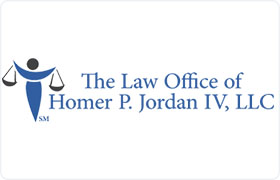Clarkdale Divorce & Family Law Lawyer, Georgia
Sponsored Law Firm
-
 x
x

Click For More Info:
-
The Law Office of Homer P. Jordan IV, LLC
125 Townpark Drive Suite 300 Kennesaw, GA 30144» view mapDivorce & Family Law Legal Solutions for a Brighter Tomorrow
At The Law Office of Homer P. Jordan IV, LLC in Kennesaw, we are dedicated to helping clients throughout the Atlanta area, including Cobb, Cherokee and Paulding counties.
800-590-3350
Douglas Kent Shelton
Divorce & Family Law, Criminal, Estate, Power of Attorney
Status: In Good Standing Licensed: 32 Years
Anthony A. Hallmark
Entertainment, Family Law, Divorce & Family Law, Criminal
Status: In Good Standing
Loretta Ann Smith
Military & Veterans Appeals, Labor Law, Family Law, Criminal
Status: In Good Standing Licensed: 18 Years
Demetress E. Patrick
Family Law, Military & Veterans Appeals
Status: In Good Standing Licensed: 11 Years
 Homer Jordan Kennesaw, GA
Homer Jordan Kennesaw, GA AboutThe Law Office of Homer P. Jordan IV, LLC
AboutThe Law Office of Homer P. Jordan IV, LLC Practice AreasExpertise
Practice AreasExpertise
